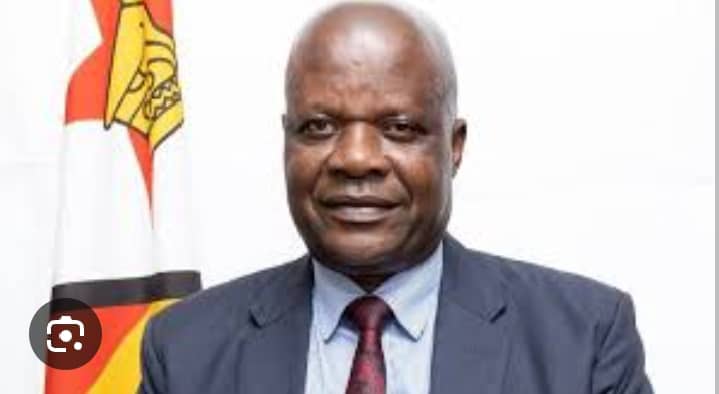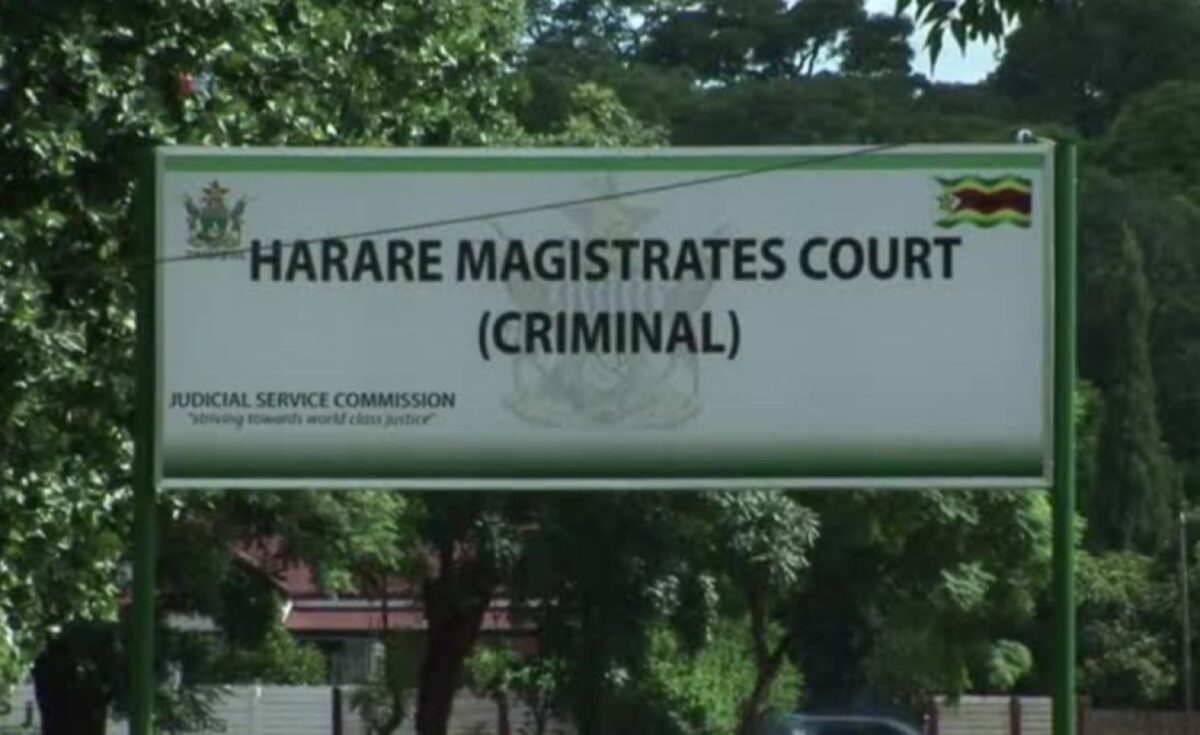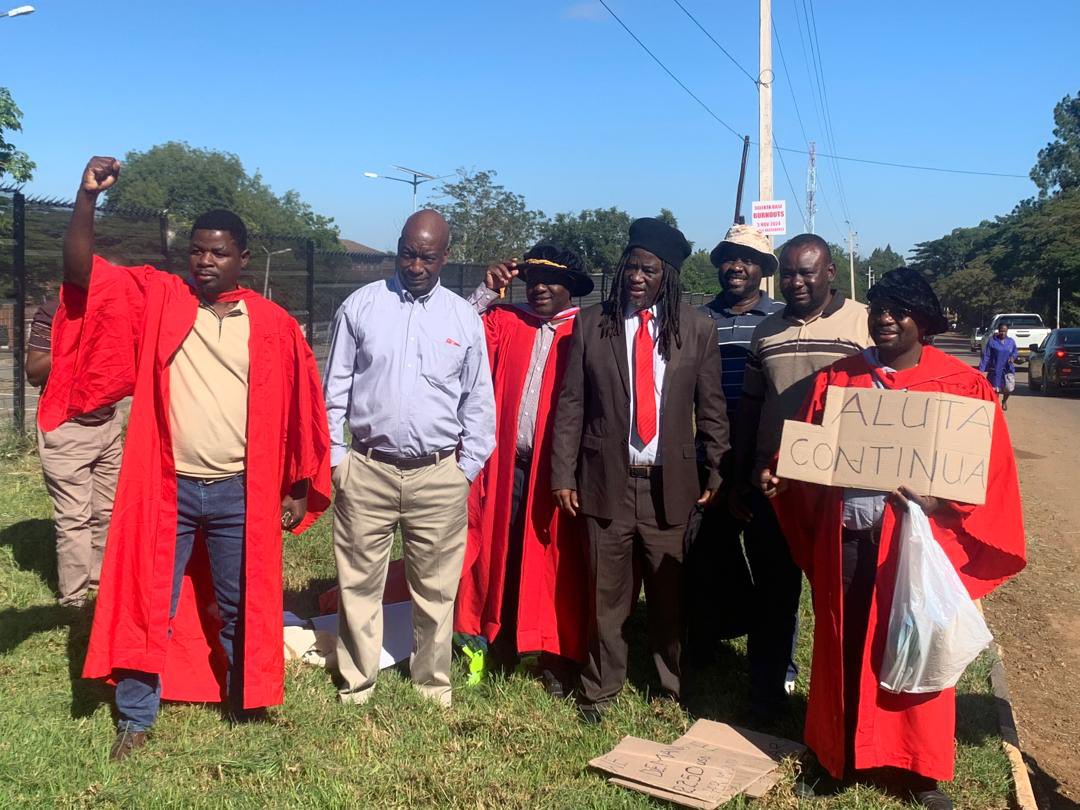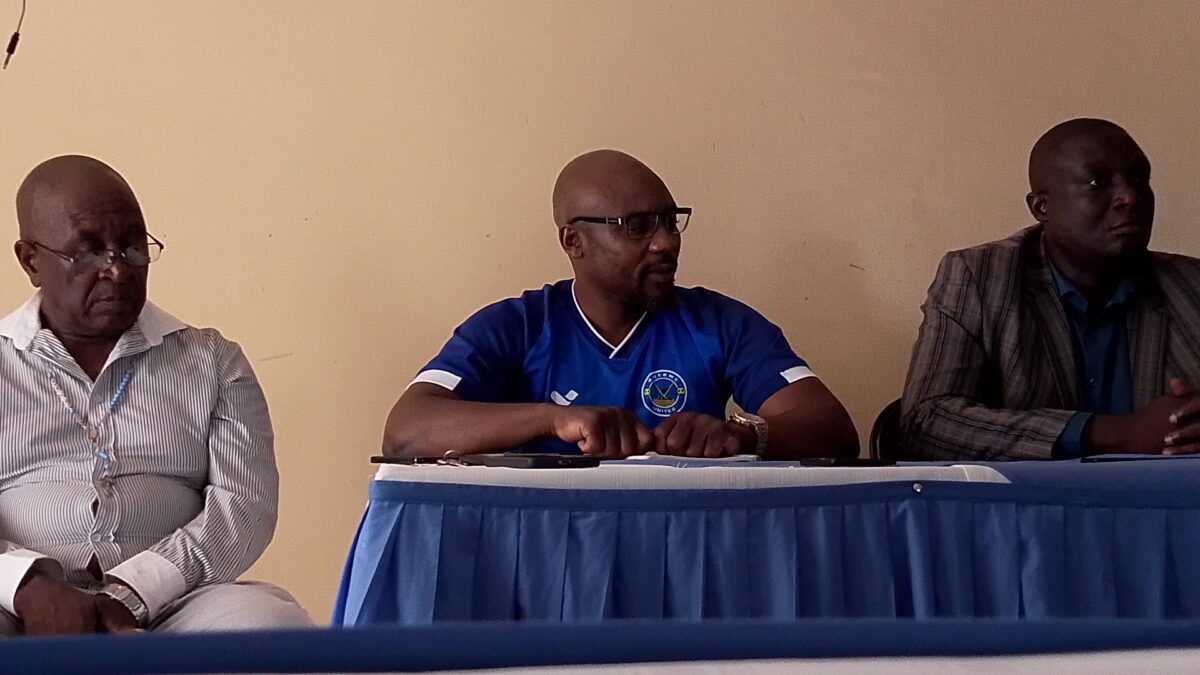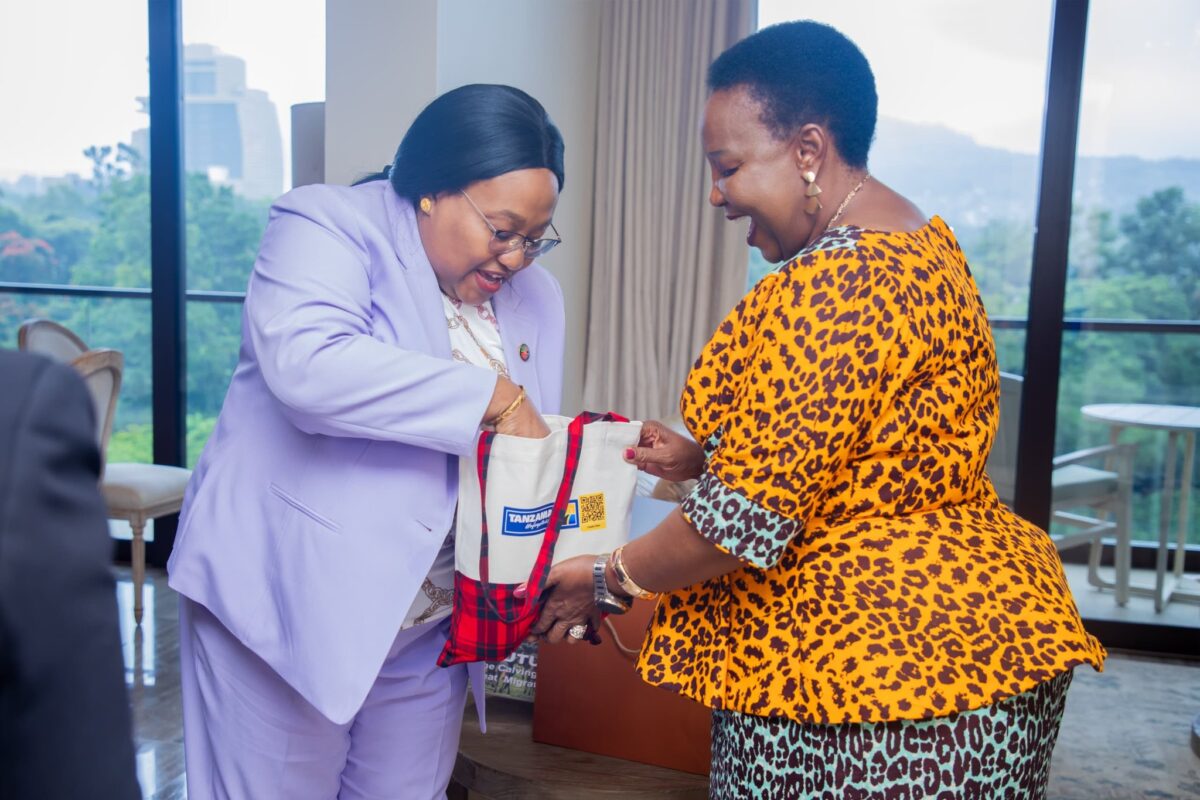HARARE – Zimbabwe has once again found itself at a crossroads in its journey towards an inclusive society, with a deepening crisis in the protection and promotion of the rights of persons with disabilities and empowerment of such citizens.
The recent neglect of the International Day of Persons with Disabilities on December 3, 2024, by the government, is yet another stark reminder of the ongoing discrimination and systemic challenges that persons with disabilities face in this country.
Instead of commemorating the global day with the respect it deserves, the responsible ministry chose to ignore it, even cancelling a belated event in Kadoma when invitees had already arrived at the venue.
The lack of any clear leadership or action from the ministry speaks volumes about how disability issues are trivialised, despite the promises made by the government for inclusivity and empowerment.
This is not an isolated incident. In 2023, the same ministry failed to mark the day adequately, prompting one disability activist to pen an open letter to the president, lamenting how the event passed by as quietly as a forgotten birthday of an old useless donkey.
The question arises: where is the leadership in all of this? When did this disregard for the rights and dignity of persons with disabilities begin, and what must be done to address it?
At the heart of this issue lies a deep-seated ableism within the very ministry that is supposed to champion the rights of persons with disabilities. Many in the disability sector believe that some of the bureaucrats occupying key positions are intent on frustrating the government’s inclusive agenda for their own gain. This pattern of neglect and disregard cannot, and should not, continue.
Zimbabwe has a rich history of disability rights activism, and as the current chair of the Southern African Development Community (SADC), it should be setting a powerful example for the region.
The country has produced prominent figures in the disability movement and played a key role in shaping international bodies such as the International Disability Alliance. Zimbabwe was also one of the first countries in Southern Africa to pass disability legislation in 1992, a move that set a precedent for the region.
The 2013 Constitution further strengthened the protection of disability rights, explicitly recognizing them as a distinct category of human rights, and reserving senatorial seats for persons with disabilities.
These advances demonstrated Zimbabwe’s commitment to inclusion, with progress that was the envy of many.
With the advent of the second republic, there was a renewed sense of hope for persons with disabilities. New policies, such as the National Disability Policy of 2021, and the creation of the Department of Disability Affairs in 2018, signalled a shift toward more meaningful inclusion.
Persons with disabilities were appointed to key positions, including a Chief Director, an electoral commissioner and a High Court judge as well as various directors and district education officers. The government also made strides in embedding disability as a cross-cutting issue in the National Development Strategy 1.
However, these promises of change are increasingly at risk due to a growing culture of neglect, sabotage, and entrenched ableism within the ministry responsible for disability affairs. While the political leadership at the top may genuinely want to create an inclusive society, the administrative apparatus within the ministry seems bent on undermining these efforts. Disability, to them, is often seen through the lens of charity or welfare, rather than equality and equity.
This mindset perpetuates a culture where persons with disabilities are viewed as either a burden or a source of profit, rather than equal citizens deserving of rights and opportunities.
The examples of this failure are glaring. The ministry has consistently failed to roll out meaningful disability empowerment programs, such as income-generating projects, or procure essential assistive technologies like wheelchairs and white canes. Even simple acts of support, such as assisting state employees who acquire disabilities in the course of duty, are delayed and ignored. The International Day of Persons with Disabilities, a once-off event that should be an annual celebration of progress, was again marked with incompetence and indifference.
Ironically, the ministry has no such problem commemorating other events. Recent celebrations of International Children’s Day in Victoria Falls saw significant funds allocated, with government officials and development partners in attendance. Yet, when it comes to the rights of persons with disabilities, the ministry’s actions are nothing short of negligent.
A particularly disturbing moment came on May 1, 2019, when the current Permanent secretary assumed office in the ministry. In the same year, the disability community faced several setbacks, including the withdrawal of a national disability policy driven by the people, replaced by a donor-sponsored version.
When the president launched the National Disability Policy in 2021, it was clear that the concerns of the disability sector were being ignored.
The situation has only worsened since. Employees with disabilities within the ministry are subjected to humiliation, exclusion, and mistreatment, with little to no recourse to justice. This culture of abuse is exacerbated by the complicity of bodies like the Public Service Commission, which is supposed to protect the rights of workers, including those with disabilities. Instead, these workers are left to suffer in silence.
Furthermore, the election of disability senators in 2023 became another point of contention. Despite a clear constitutional right for persons with disabilities to choose their own representatives, the ministry sought to undermine this process, questioning the legitimacy of elected officials and even labelling them as sellouts.
Such treatment is not only insulting but undermines the very essence of democracy and human dignity.
As if this were not enough, the ministry’s financial mismanagement is evident, with reports of funds meant for disability support being diverted into luxury vehicles and unnecessary international trips.
These funds could have been used to improve the lives of over two million citizens with disabilities, yet they are instead siphoned off to line the pockets of a few.
Zimbabwe’s leadership must take action. The country’s image is being tarnished both domestically and internationally. It is time for decisive leadership, the kind that steps up when the system fails.
Leadership means taking responsibility for the sector, addressing the corruption and ableism, and ensuring that disability is treated with the same seriousness as other national issues such as the economy, security, and politics.
If Zimbabwe is to realize its vision of becoming a prosperous, inclusive society by 2030, the plight of persons with disabilities cannot continue to be ignored.
The president and government must take immediate steps to address the deep-rooted issues within the ministry, including launching a comprehensive commission of inquiry into the treatment of persons with disabilities. Only then can Zimbabwe reclaim its legacy as a leader in disability rights and work toward a future where all its citizens are treated with dignity and respect.
It is time to stop the cycle of neglect, abuse, and exploitation. It is time for Zimbabwe’s leadership to rise to the challenge and put an end to the suffering of its most vulnerable citizens. The question is: when will that happen?

